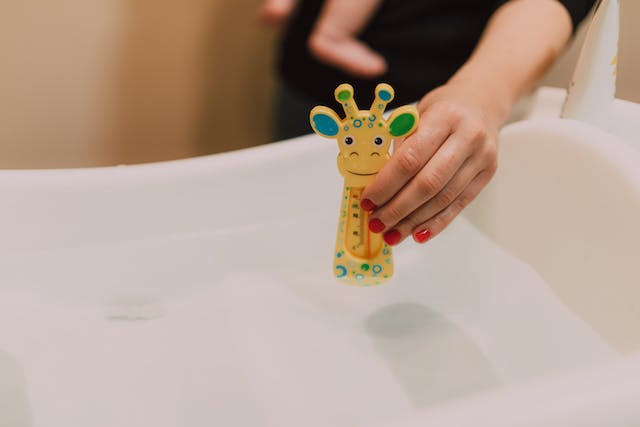Introduction
Sibling rivalry is a common occurrence in many
families, especially among big kids who are closer in
age.
As children grow and develop their own identities,
conflicts and competition between siblings can arise.
However, with the right strategies, parents can
effectively manage sibling rivalry, fostering healthy
relationships and minimizing conflicts. In this article,
we will explore some effective strategies for managing
sibling rivalry among big kids.
Foster Individuality and Respect Differences
Encouraging individuality is essential in minimizing sibling
rivalry.
Recognize and celebrate each child’s unique qualities, talents,
and interests.
Emphasize the importance of respecting differences and
creating an environment where each child feels valued for who
they are.
This helps reduce feelings of jealousy or competition, as
children understand that their worth is not determined by
comparing themselves to their siblings.
Establish Clear Boundaries and Expectations
Clearly defining rules, expectations, and boundaries for
behavior is crucial in managing sibling rivalry.
Set consistent rules that apply to all children, ensuring fairness
and equity.
Make sure each child understands the consequences of their
actions and the importance of treating each other with kindness
and respect.
When boundaries are well-defined, children have a sense of
security, leading to a more harmonious sibling relationship.
Promote Open Communication and Conflict Resolution Skills
Encourage open communication among siblings by fostering
an atmosphere of active listening and empathy.
Teach big kids how to express their feelings and needs
constructively, without resorting to aggression or verbal
attacks.
Help them develop conflict resolution skills such as
compromise, negotiation, and problem-solving.
By promoting healthy communication, children can better
understand each other’s perspectives and find mutually
agreeable solutions to their conflicts.
Provide Opportunities for Individual and Quality Time
Allocating individual time with each child is crucial for
strengthening the parent-child bond and reducing feelings of
rivalry.
Plan special activities that cater to each child’s interests,
allowing them to feel seen and appreciated as individuals.
Additionally, create opportunities for siblings to spend quality
time together in a positive and enjoyable context, fostering a
sense of camaraderie and building shared experiences.
Encourage Cooperation and Teamwork
Encouraging cooperation and teamwork between siblings can
greatly reduce rivalry.
Assign them joint projects or tasks that require collaboration,
such as organizing a family event or working together on
household chores.
This helps them develop a sense of shared responsibility and
accomplishment, promoting a supportive dynamic rather than a
competitive one.
Avoid Comparisons and Labeling
Avoid comparing siblings or labeling them based on their
abilities, achievements, or behaviors.
Comparisons can lead to feelings of inadequacy or resentment,
fueling sibling rivalry.
Instead, focus on each child’s unique strengths and encourage
them to improve and grow at their own pace.
By appreciating their individuality, you create an environment
that nurtures self-confidence and healthy competition.
Model Positive Behavior and Conflict Resolution
Parents play a crucial role in shaping their children’s behavior
and attitudes.
Model positive behavior and conflict resolution skills in your
own interactions and relationships.
Show your children how to communicate respectfully, resolve
conflicts peacefully, and demonstrate empathy towards others.
When children witness healthy conflict resolution, they are
more likely to adopt these strategies in their own relationships.
Teach Emotional Regulation
Emotional regulation is an essential skill for managing sibling
rivalry.
Help your big kids identify and manage their emotions
effectively.
Teach them healthy coping mechanisms such as deep
breathing, counting to ten, or engaging in calming activities
when they feel frustrated or angry.
By learning to regulate their emotions, children can approach
conflicts with a calmer and more rational mindset, reducing the
intensity of rivalry.
Conclusion
Sibling rivalry among big kids is a natural part of
growing up and navigating relationships within the
family.
However, by implementing effective strategies, parents
can mitigate conflicts and promote healthy sibling
relationships.
By fostering individuality, encouraging open
communication, providing quality time, and modeling
positive behavior, parents can create an environment
that nurtures cooperation, respect, and understanding
among siblings.
Through these strategies, big kids can develop lifelong
bonds and learn valuable skills for managing
relationships outside the family unit.
![]()











